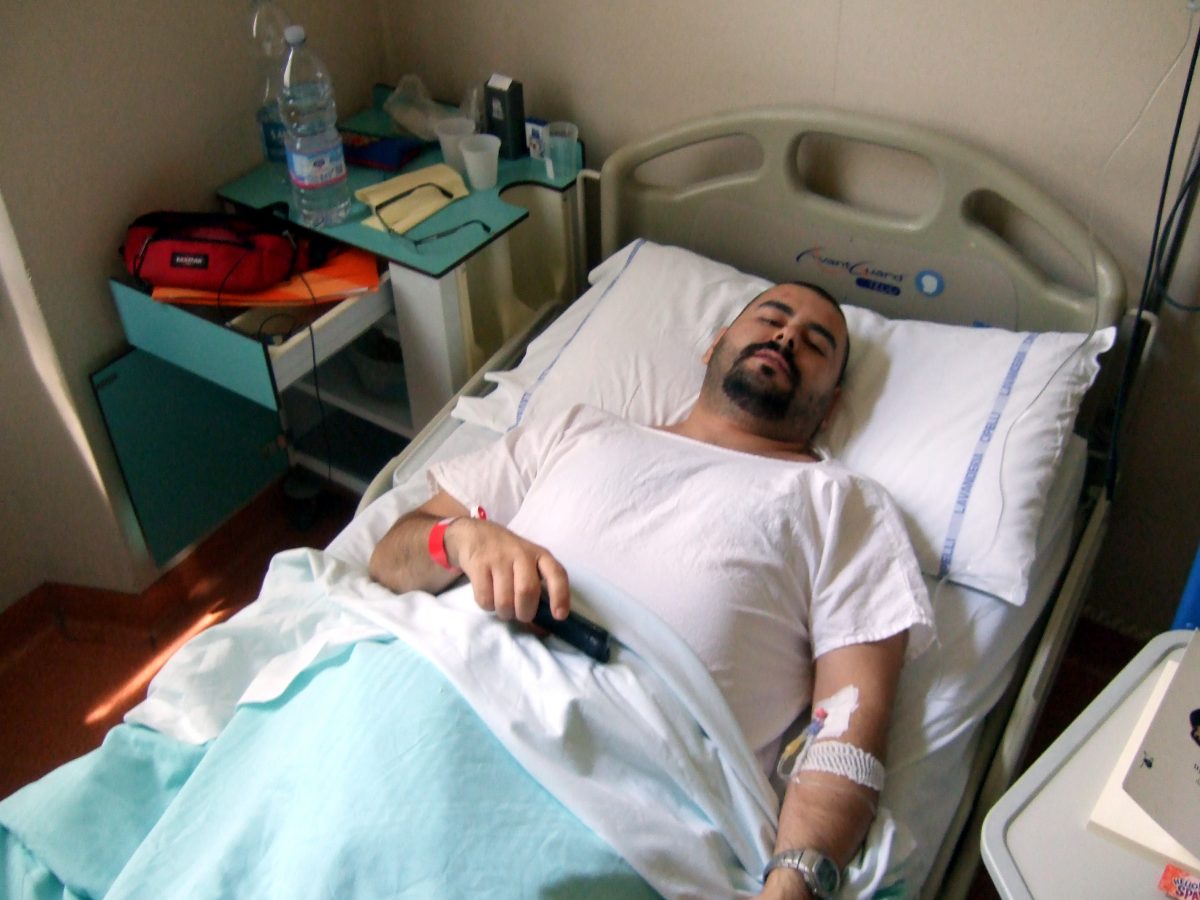Orthopaedics is a common area of medicine where medical negligence claims are brought. If you’ve recently had orthopaedic treatment and are less than happy with the result, you may be wondering if you are entitled to claim for damages.
What constitutes ‘orthopaedics’?
The field of orthopaedics includes anything to do with treatments for injuries and conditions affecting the musculoskeletal system, specifically the following:
• bones
• tendons
• joints
• muscles
• ligaments
• cartilage
Common conditions that are dealt with by orthopaedic surgeons include:
• fractures
• hip replacements
• spinal injuries
• knee replacements
• bone tumours
• bone infections
• congenital birth defects
Although the majority of treatments that are carried out are successful, all operations and procedures carry an element of risk. Errors do occur, which can have a massively detrimental effect on a patient’s life, causing pain and suffering, and even preventing them from working.
Common errors in orthopaedics
There are a number of common failings that can lead to long-term health issues for which you may be entitled to claim compensation.
1. X-rays and scans can sometimes be misread. This can lead to a delay in your treatment, potentially meaning long-term problems as conditions get worse.
2. The failure to spot a fracture during an initial consultation can lead to ongoing pain and potentially poor healing of the bone, resulting in the need for more surgery to correct the problem.
3. Poor husbandry whilst on the orthopaedic ward can result in infection post-surgery. This could potentially be life-threatening if the infection is not treated quickly enough.
4. If prosthesis is required following amputation, it must fit correctly. If the prosthetics are not fitted correctly, this can lead to pain and ongoing problems with mobility.
What can you claim compensation for?
You could suffer financially if you have been unable to work since your treatment. This applies whether you’ve had to miss work for a few months or whether you can never work again. Your claim in these circumstances would be for ‘loss of earnings’.
Psychological damages can be claimed, for example if you have suffered depression as a result of malpractice that has left you partially paralysed and requiring adaptations to your home.
You can make a claim for physical suffering if your treatment has left you in continual pain or if you suffered pain unnecessarily for a prolonged period of time, due to the practitioner’s negligence.
If any of this sounds familiar, consultation with experienced direct access barristers should be your next course of action.
Get expert legal help
If you think that you have suffered as a result of medically negligent orthopaedic treatment, a direct access barrister could help you make a successful claim. To find out how our experienced barristers could help, contact us today.




